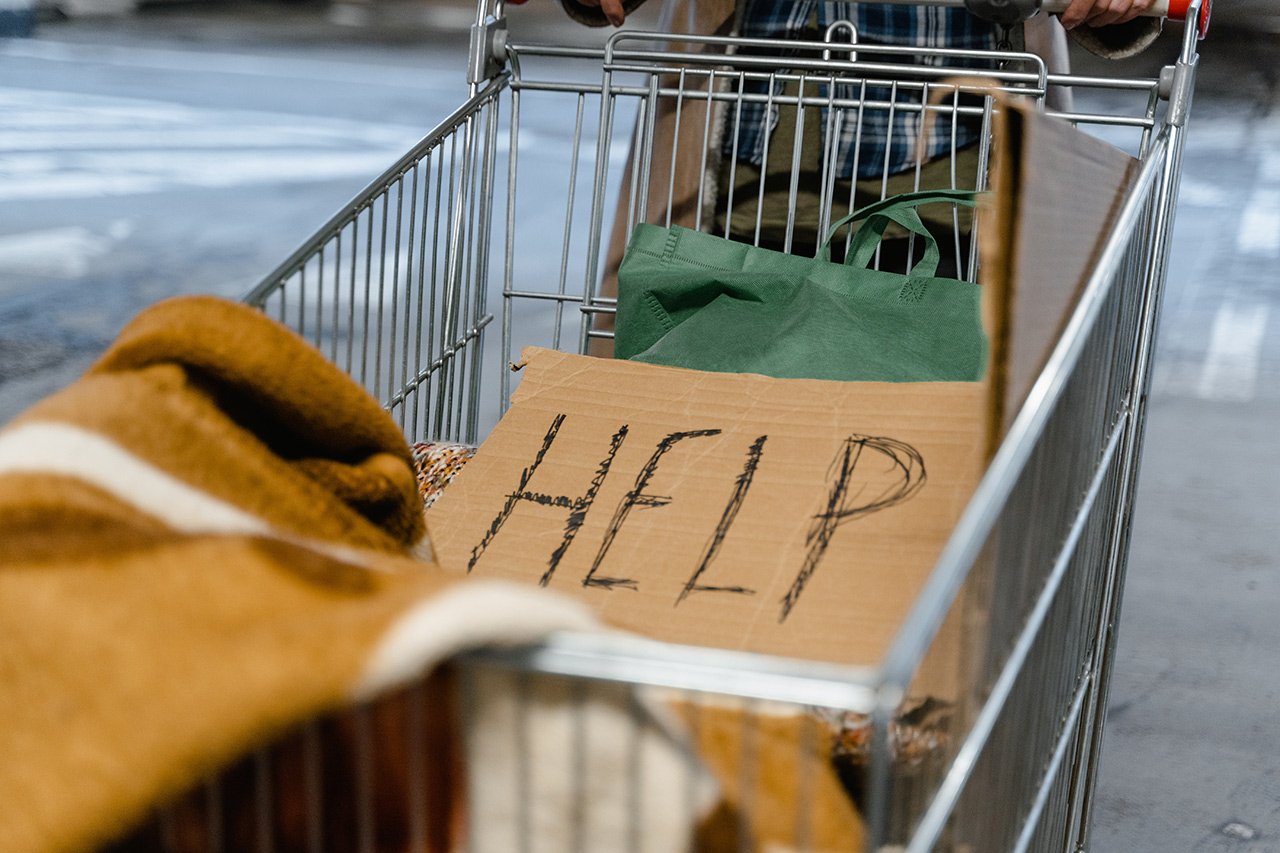
Each year, the Los Angeles Homeless Services Authority, or LAHSA, conducts a census to record the numbers of homeless people throughout L.A. County In 2022, LAHSA has delayed this crucial count in an effort to avoid putting staff and volunteers at risk for the Omicron variant of COVID-19. The homeless count was initially scheduled to occur in late January and was put off. LAHSA’s decision to postpone the census followed San Diego county’s footsteps and various Bay Area localities, who initially arranged postponements.
Maintaining an accurate count of homeless people in L.A. County is important at all times to understand risk factors and economic obstacles and to help authorities determine their most pressing priorities. The 2022 homeless count is particularly important because the state is already a year behind. Last year’s census was canceled in Los Angeles County and in much of California as COVID-19 reached its winter 2021 apex. While Omicron stalled official efforts to count the homeless population, it also surged through homeless shelters in December and January, infecting hundreds of people. While there are widely held assumptions and hunches that the pandemic has increased the number of unhoused people in Los Angeles, local authorities are struggling to grasp how two years of COVID-19 has impacted homelessness in the region. Over the past two years, the city and county have dedicated hundreds of millions of dollars to fighting homelessness. Los Angeles has attempted to curb homelessness dramatically through interim housing and building new structures to provide shelter since January 2020. At that time, the county documented about 66,000 homeless people in the census.
LAHSA’s annual homeless count is a tremendous undertaking that costs millions of dollars. Authorities enlist around 7,000 volunteers who are trained before being sent all around the county to make the count over the course of three days. Volunteers look for cars, tents, RVs, lean-to’s, vans, and DIY structures in tabulating a census. The homeless census is a rare moment that connects members of the general public with one of Los Angeles’ most critical problems. The data that is procured in this massive effort is used to formulate spending priorities and sweeping civic initiatives.
LAHSA’s Executive Director, Heidi Marston, released a statement in January noting that the agency was moving its volunteer trainings online and taking safety precautions wherever possible. Even so, deploying the census during Omicron’s peak felt like too great a risk to all parties involved, and, according to Marston, might have jeopardized the accuracy of the count.
The annual homeless count’s accuracy may have already been open to interpretation. LAHSA has acknowledged in the past that the methods available for counting the homeless are imperfect and are subject to estimates and statistical margins of error. That said, a reasonable estimate should be sufficient to power policy decisions.
While Omicron stalled efforts to count this year’s homeless population until late February, a number of social service organizations stepped up to ask local representatives to halt a recent law banning encampments in specific neighborhoods around Los Angeles. Elected officials have not indicated that they would pause enforcement, putting homeless people at an impasse.
At Maryvale, we are deeply concerned about the pandemic's effect on unhoused and displaced families. We are about to open a housing program to lend support to this critical issue at a time when Los Angeles County is in dire need of resources. Seton House, a temporary housing program for single mothers and their children under age 10, will offer safe, temporary housing for single mothers who need support in shifting the trajectory of their lives. The Hope Housing for Students program, a partnership with the Shower of Hope, provides temporary, safe housing for female community college students who would otherwise be without a place to live. In addition to providing shelter, both of these programs equip unhoused women with a compassionate community, life skills, healthy food, and mental health support. We aim to empower residents to build resiliency and remove barriers from steady employment and financially secure, self-sufficient lives. Learn more about how our housing programs and partnerships provide life-changing care to the women and families who need it most.






